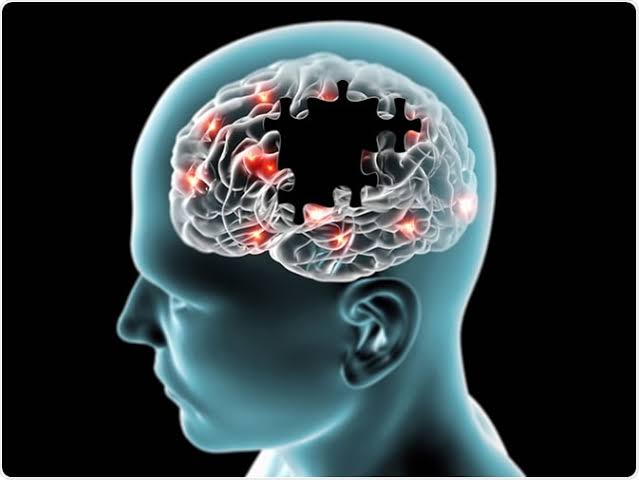Health
Blood Test May Accurately Predict Alzheimer’s Disease – Study

Scientists has today said it developed a way of predicting if patients will develop Alzheimer’s disease by analysing their blood, in what experts hailed as a potential “gamechanger” in the fight against the debilitating condition.
At least 50 million people live with Alzheimer’s, a brain disease that makes up for more than half of global dementia cases.
Although the precise mechanism is not fully understood, Alzheimer’s appears to begin from the accumulation of proteins in the brain that are thought to lead to the death of neurons.
It is understood that some of the proteins are traceable in the blood of patients and tests based on their concentrations, can be used to diagnose the disease.
In Sweden and Britain, it is believed that tests can be used to predict Alzheimer’s years before the onset of symptoms.
Writing in the journal Nature Aging, they described how they developed and validated models of individual risk based on the levels of two key proteins in blood samples taken from more than 550 patients with minor cognitive impairments.
The model based off of these two proteins had an 88 percent success rate in predicting the onset of Alzheimers in the same patients over the course of four years.
They said that while further research was needed, their prediction method could have significant impact on Alzheimer’s cases, given that “plasma biomarkers” from blood tests are “promising due to their high accessibility and low cost”.
Richard Oakley, head of research at the Alzheimer’s Society, said the main struggle in battling the disease was diagnosing cases early enough to intervene with experimental treatments.
“If these blood biomarkers can predict Alzheimer’s in larger, more diverse groups, we could see a revolution in how we test new dementia drugs,” he said.
Musaid Husain, professor of neurology at the University of Oxford, described Monday’s research as a “potential gamechanger.”
“For the first time, we have a blood test that can predict well the risk of subsequent development of Alzheimer’s disease in people who have mild cognitive symptoms,” said Husain, who was not involved in the study.
